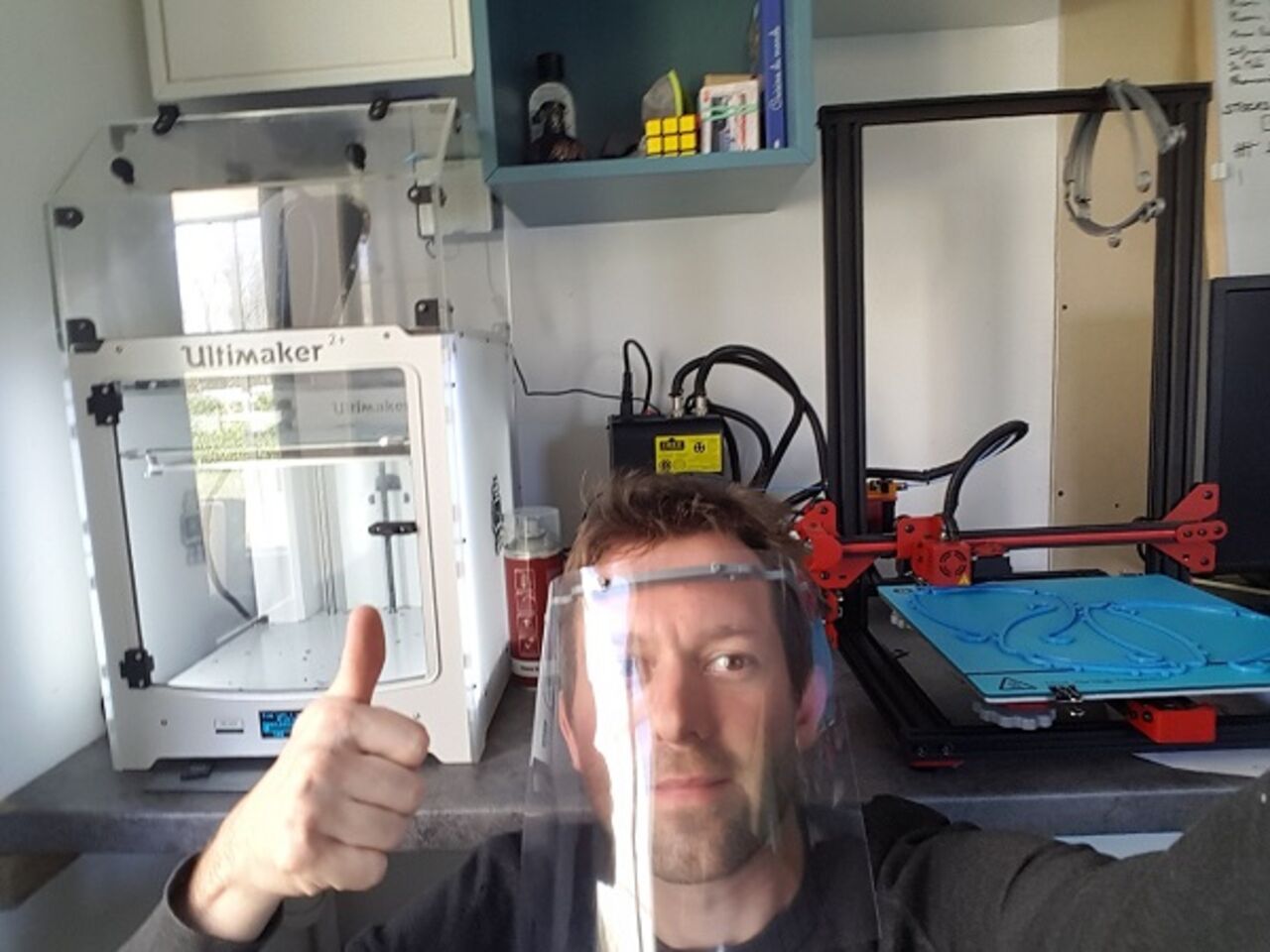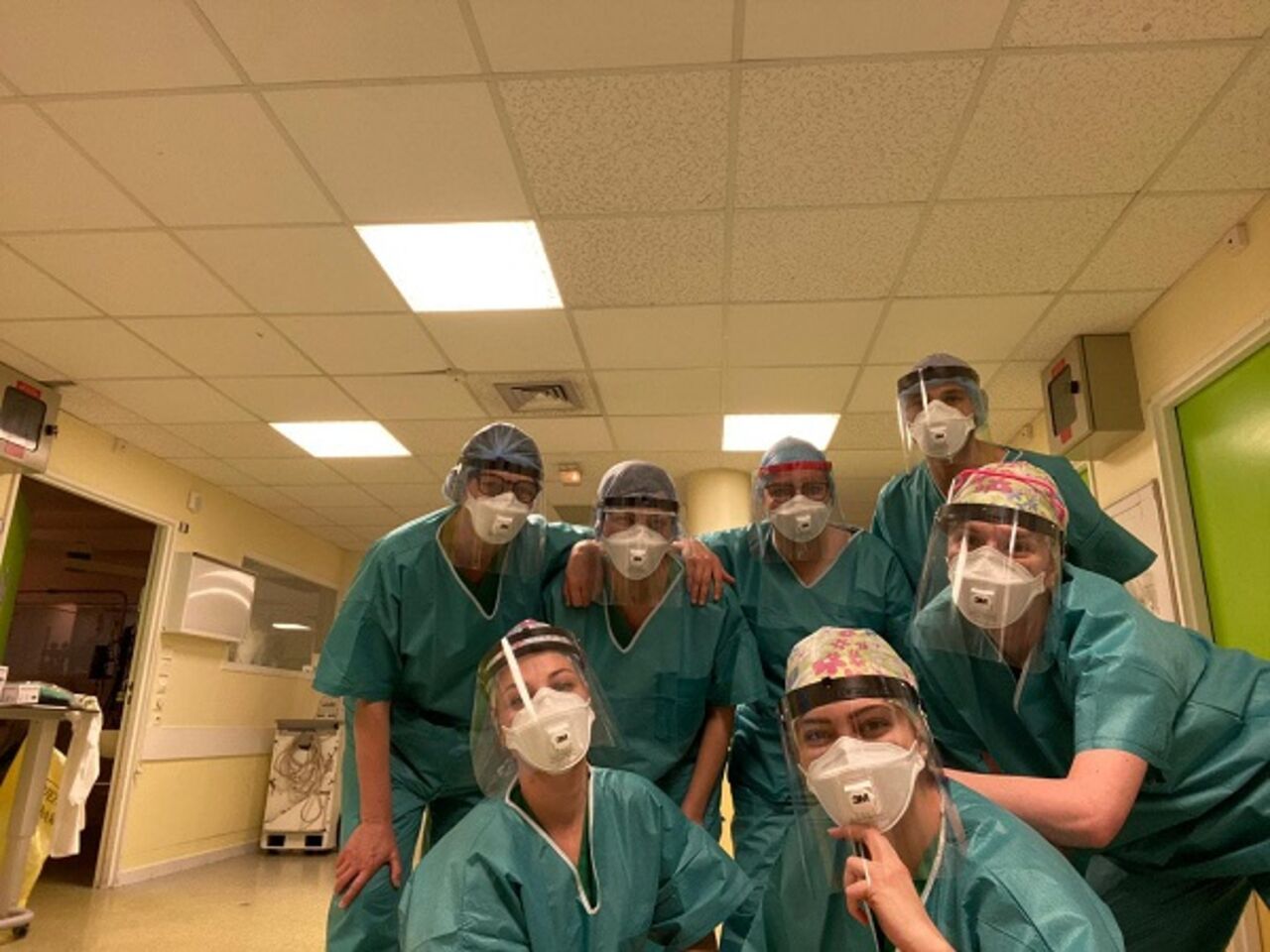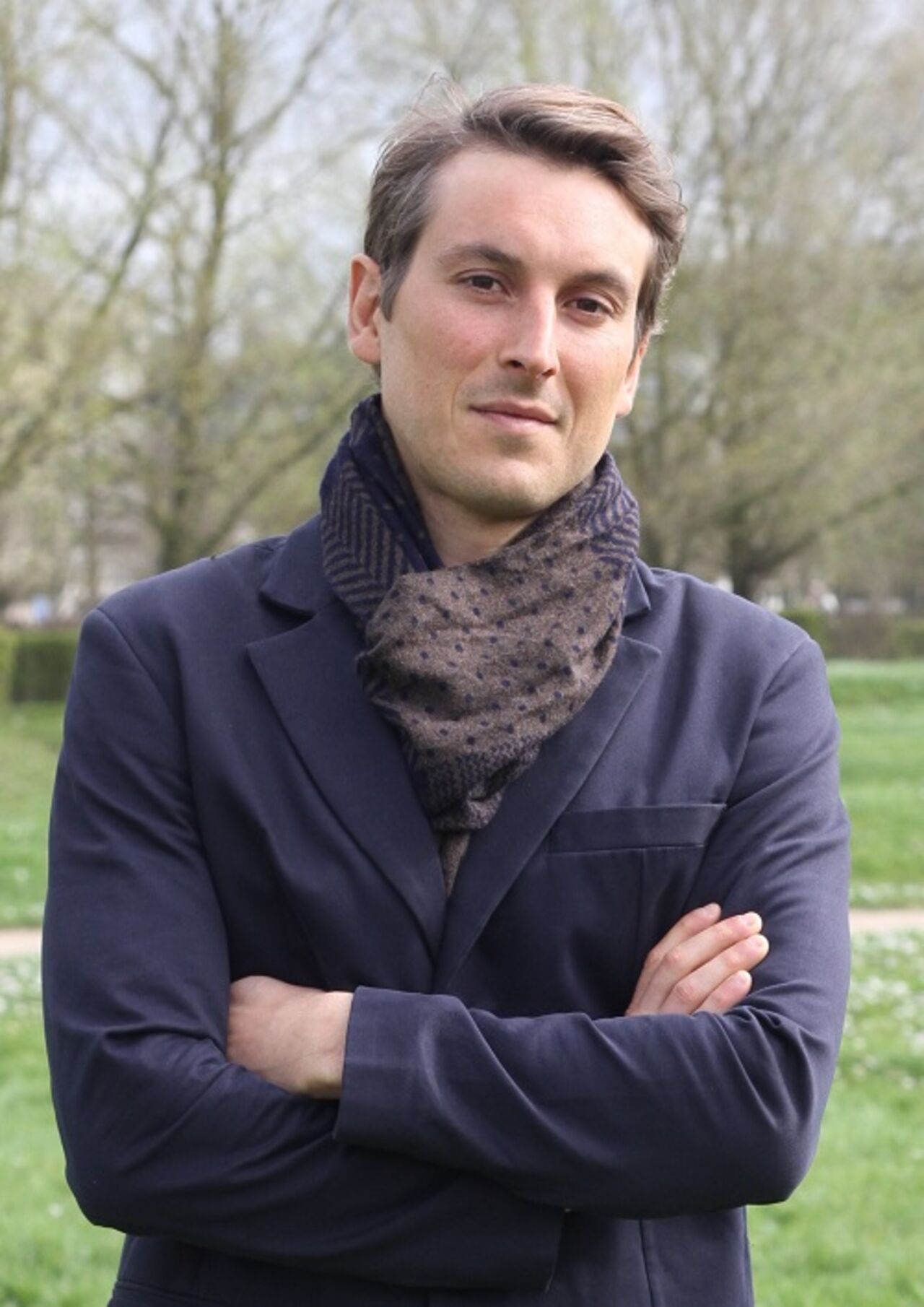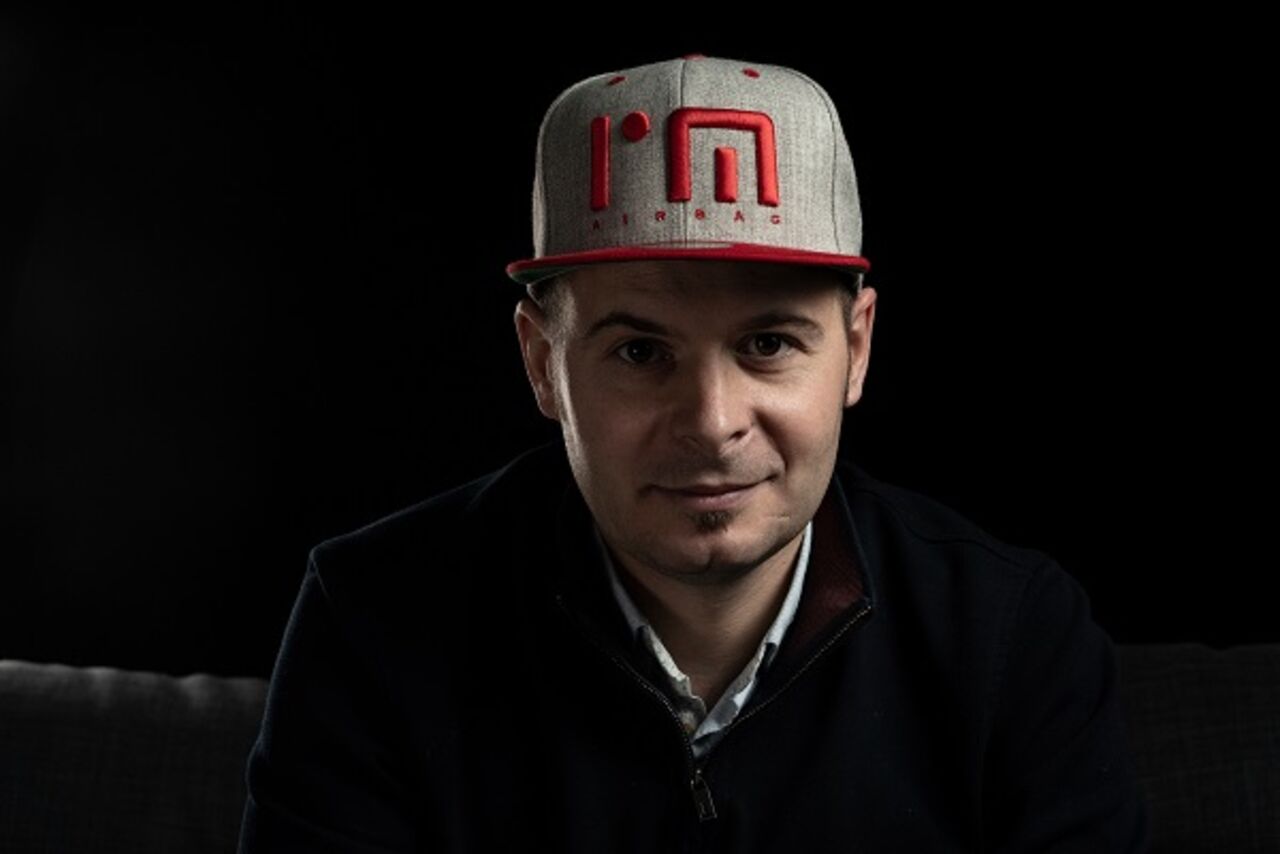2020 marked both the creation of the University and the first waves of the health crisis. While the procedures linked to the University’s creation were designed to have a minimum impact on research units, a virtually impossible task when the merger of organisations and certain information systems are at stake, the health crisis nevertheless had a major effect on research.
Firstly, an unprecedented and long-term closure required a substantial effort on the part of research units to redesign a ‘Business Continuity Plan’, taking into account the impossibility of physical access (with certain exceptions) to laboratories. Although the networks remained active and video-conferencing facilities were impressively scaled up over a very short lapse of time, the consequences of the crisis seriously impacted certain laboratories, research staff and doctoral students, in particular those whose activities are essentially experiment-based (on site in laboratories or in the field for experiments and surveys), or reliant on external elements (field surveys, interviews with stakeholders, archives and libraries, etc.). Restricted access had a significant impact which was difficult to reduce fully, despite huge organisational efforts to maintain the conditions of ongoing, long-term experiments.
University released a €2M payroll budget for units in mid-May
The university Presidency remained in close and regular contact with the heads of research and training units through weekly meetings. Discussions were held on the implementation of measures to adapt to the health situation (business continuity plans, minimum access to experimental laboratories, ongoing contact with staff and students, followed by plans for the resumption of activity). Furthermore, ahead of the national campaign launched by the Ministry for Higher Education, Research & Innovation, the University released a €2M payroll budget for units in mid-May and undertook a census of the difficulties encountered by doctoral students in executing their thesis project (in particular those whose doctoral contracts were due to terminate in September 2020). In coordination with Paris-Est Sup and the various doctoral schools enrolling the University’s PhD students, the University was able to identify students’ urgent needs and anticipate the extension of contracts, which had to be put in place rapidly (lockdown in March with finalisation of the thesis in June or September for a certain number of students) in order to facilitate the end of their doctorate. More than 220 cases were identified, and around 50 doctoral contracts were extended under university funding (Paris-Est Sup took charge of extensions to doctoral contracts for which it is the employer), with extension periods ranging from 1 to 7 months.
These factors helped to alleviate in part the shock of the first health crisis and to finish the year in somewhat easier conditions, despite the resurgence of uncertainty (due to the lockdown in late October). The end of 2020 saw the return of travel restrictions, but the research units had presumably better anticipated the preventive measures to implement.





